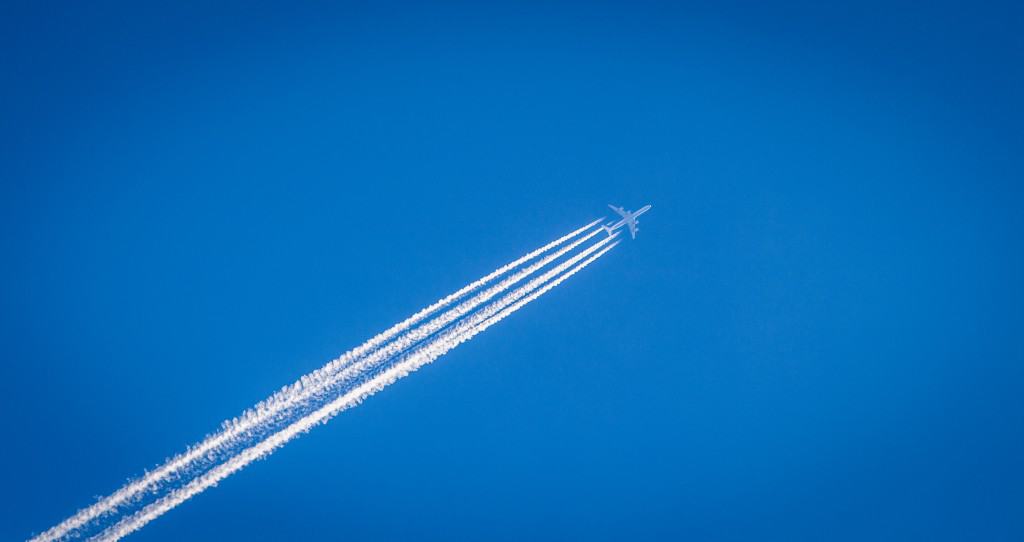Add-on charges are surging.
Here’s what they are and how to navigate them.
The airline industry has seen a significant uptick in add-on charges, with nine out of 10 airlines now imposing at least one additional fee beyond the base fare according to a study by discount voucher website NetVoucherCodes. The report revealed that 89% of all airlines have adopted this practice, with the figure rising to a staggering 97% among European carriers.
Ryanair has been identified as the airline that charges the most for extras, including seat selection, baggage check-in, and insurance. For instance, a Ryanair flight from a UK port to Ireland with an initial cost of £18.39 can quickly balloon to over £80 with the addition of optional extras, including £22.49 for checked baggage, £14.50 for a carry-on item, £8 for seat selection, and £18.39 for insurance. Wizz Air follows closely behind, with a flight to Hungary priced at £34.29, plus an additional £93.56 in add-ons. Despite the inexpensive base fares on low-cost airlines, travellers may end up paying more if they opt for these extras.
Controversy over add-ons
The debate over add-on fees was reignited this August when an elderly couple was charged £110 by Ryanair for new boarding passes after accidentally checking into the wrong leg of their flight. This incident sparked a wave of complaints about Ryanair’s fees on social media.
In response to growing concerns about drip pricing, where companies conceal the actual cost of products and services by adding extra fees, UK Prime Minister Rishi Sunak ordered a review of the practice. The government plans to investigate the extent of drip pricing and, if necessary, implement measures to address the issue. However, no timeline has been set for this government review or expected report.

The true cost of add-ons
NetVoucherCodes analysed similar routes for major airlines and calculated the costs of add-ons such as carry-on baggage, 20kg checked bags, seat selection, fast tracking, insurance, and onboard Wi-Fi. The average extra cost for European airlines was found to be $58, while international airlines averaged $33, and US airlines $78.
A report by USA Today revealed that the average airline fees reached an all-time high per ticket last year. The flying public paid a staggering $103 billion in added fees, accounting for 15% of airlines’ sales, according to a press release by IdeaWorksCompany, a travel marketing company.
In a statement to the Guardian, consumer rights expert Martyn James noted the dramatic increase in the add-on culture and called for the Civil Aviation Authority to have more power to require airlines to disclose charges upfront. James emphasized the need for more support for passengers, particularly vulnerable or elderly individuals and he suggested having staff available at self-check-in desks to assist with printing and other needs. Meanwhile, Katy Maclure of Jack’s Flight Club observed that more airlines were adopting the practice of charging for add-ons, with flagship airlines increasingly excluding checked bags from their base fares.
Navigating the hidden costs
Given the rising trend of add-on fees, passengers must be vigilant and well-informed about potential costs associated with their flights. Before choosing an airline or route, flyers should carefully review the breakdown of charges and assess their specific needs. By taking an initiative-taking and informed approach, passengers can make smart decisions that align with their travel requirements and budget.
In an industry where hidden fees can cloud transparency, an informed traveller is the best safeguard against unforeseen expenses.








